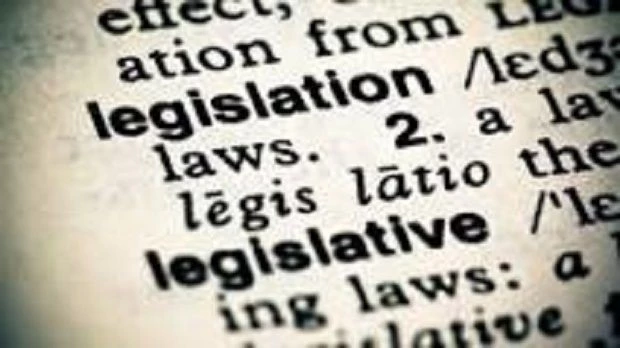
Partner Article
Some common misconceptions about employment law
Some common misconceptions about employment law
This year has seen a raft of new employment laws introduced, all with the declared principle of cutting down on perceived “red tape” and making it easier for employers to focus on running their businesses.
Last year the Business Secretary, Vince Cable, announced a consultation on plans to curb compensation pay-outs to a maximum of one years salary. This came into effect in February of this year. However, discrimination and whistleblowing claims are unaffected as compensation in these claims is unlimited.
There has been a name change for Compromise Agreements to Settlement Agreements, whereby employees receive compensation by agreeing to forfeit their rights to claim against the employer. From 29th July this year, employees, for the first time, have to pay a fee to make a claim to the Employment Tribunal.
Today; 22nd October, The Trades Union, UNISON is in the High Court arguing its case at a Judicial Review Hearing against the Government’s introduction of Employment Tribunal fees. Since the introduction of fees there has been a significant drop in the number of individual claims being taken.
The changes so far are in addition to others made last year, the most important one being that an employee employed after April 6th 2012 are now required to have two years continuous service with an employer before they can progress a claim through the Tribunal. Previously it was one year. Once again discrimination claims are unaffected as no service is required.
In 2011/2012 there were almost 300,000 Tribunal claims and there are still over 500,000 claims outstanding. The cost of defending a claim by an employer, in terms of legal representation and time, can be substantial.
The five top reasons for making a claim are; disputes over working hours, unauthorised deductions from wages, unfair dismissal, breach of contract and, equal pay.
We still have a number of employment Law and HR companies unnecessarily alarming employers by telling them about what their staff can do to them. They exaggerate the situation by creating worst case scenarios, (which in the real world never occur, or at worst, are highly unlikely). They then continue to make matters worse by informing unsuspecting employers that there is very little that they can do about it and they are helpless, in certain circumstances to act and make changes for an early settlement of a dispute. Some of these companies deliberately mislead employers by quoting potential compensation awards which have no basis in fact.
There are always choices. Employers need to be properly advised about the risks and liabilities when making their decisions. Open, honest discussions with underperforming employees is far less risky and can prove to be a positive change that has been introduced. From my observations employers can successfully avoid the cost and disruption caused by claims to the Tribunal by simply taking unbiased qualified advice in the first place, followed up by consistent action at the first indication of any problem.
Having sound employment practices, clear understandable up-to-date policies and procedures, well written statements of employment and staff handbooks, and simply speaking to staff will go a long way to avoiding or nipping problems in the bud before they manifest themselves into much larger and more difficult to resolve.. If employers consider that this is all taking up too much time, then compare this with a claim to the Tribunal. It actually makes good commercial business sense and can and does, improve the “bottom line”.
By following these uncomplicated principles not one of my retained client’s have had, in the past eight years, a claim made against them. They have all entered a TEZ (Tribunal Exclusion Zone).
It is abundantly clear to me that instead of destroying relationships with employees, we should be seeking to improve them.
This was posted in Bdaily's Members' News section by Andrew Dane .
Enjoy the read? Get Bdaily delivered.
Sign up to receive our daily bulletin, sent to your inbox, for free.








 Raising the bar to boost North East growth
Raising the bar to boost North East growth
 Navigating the messy middle of business growth
Navigating the messy middle of business growth
 We must make it easier to hire young people
We must make it easier to hire young people
 Why community-based care is key to NHS' future
Why community-based care is key to NHS' future
 Culture, confidence and creativity in the North East
Culture, confidence and creativity in the North East
 Putting in the groundwork to boost skills
Putting in the groundwork to boost skills
 £100,000 milestone drives forward STEM work
£100,000 milestone drives forward STEM work
 Restoring confidence for the economic road ahead
Restoring confidence for the economic road ahead
 Ready to scale? Buy-and-build offers opportunity
Ready to scale? Buy-and-build offers opportunity
 When will our regional economy grow?
When will our regional economy grow?
 Creating a thriving North East construction sector
Creating a thriving North East construction sector
 Why investors are still backing the North East
Why investors are still backing the North East